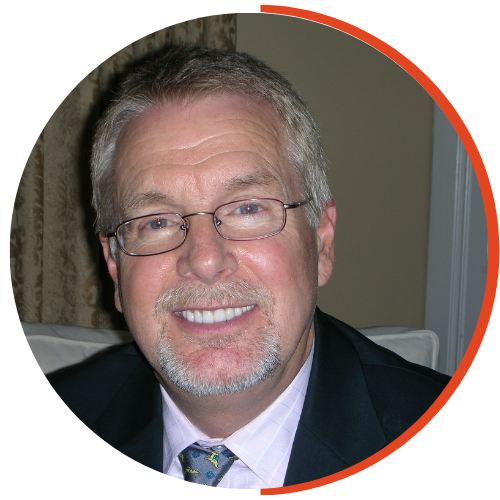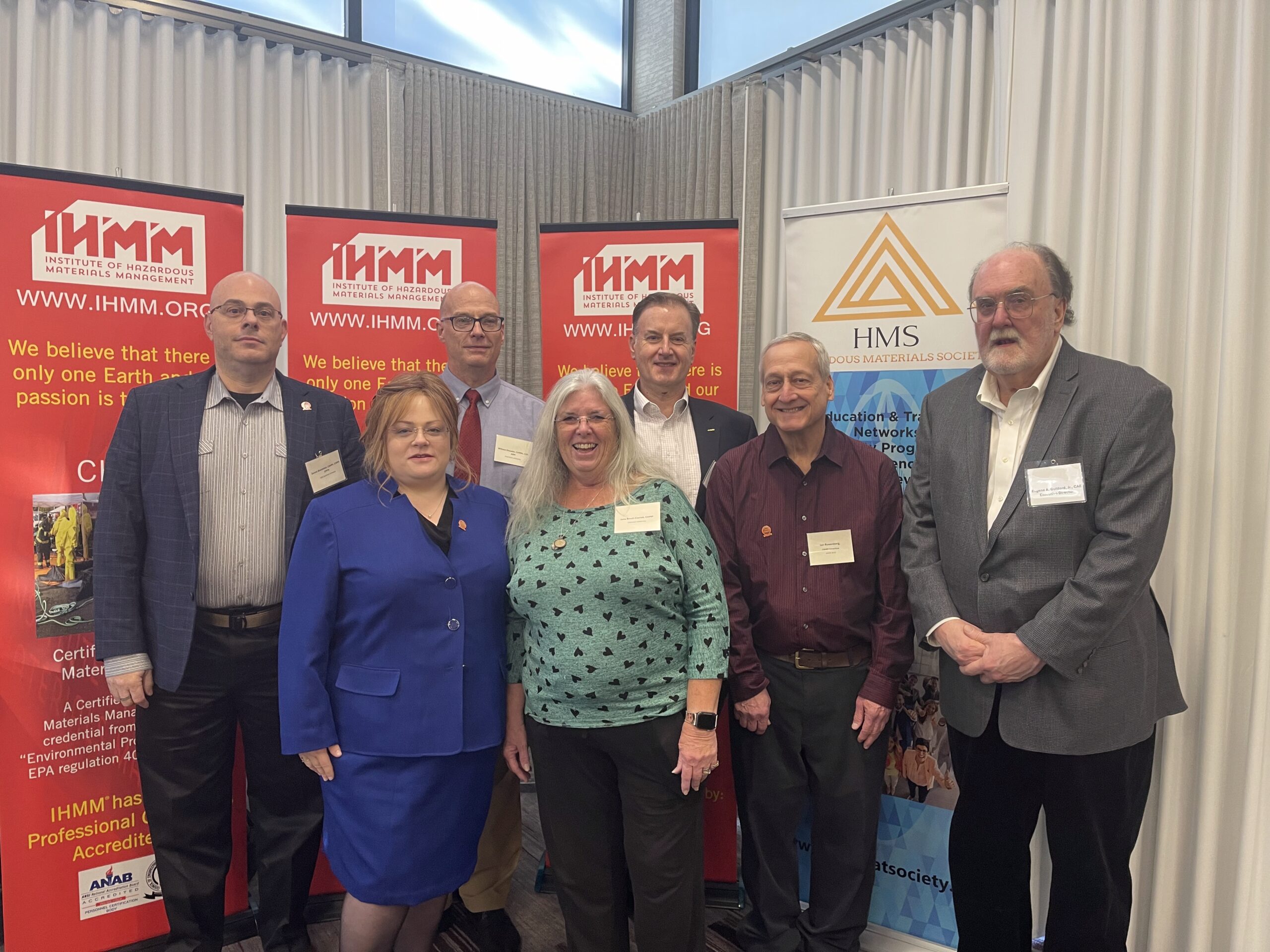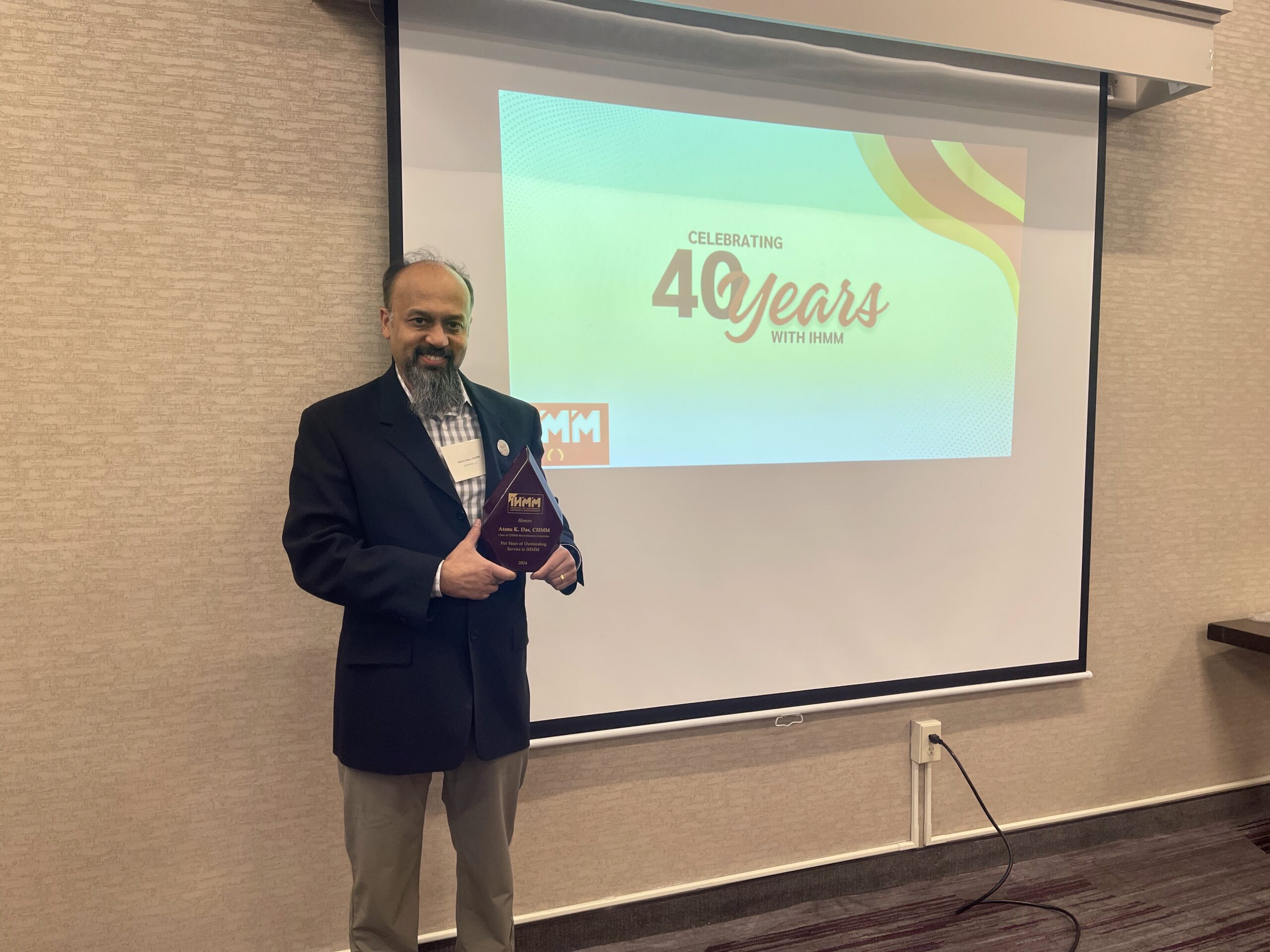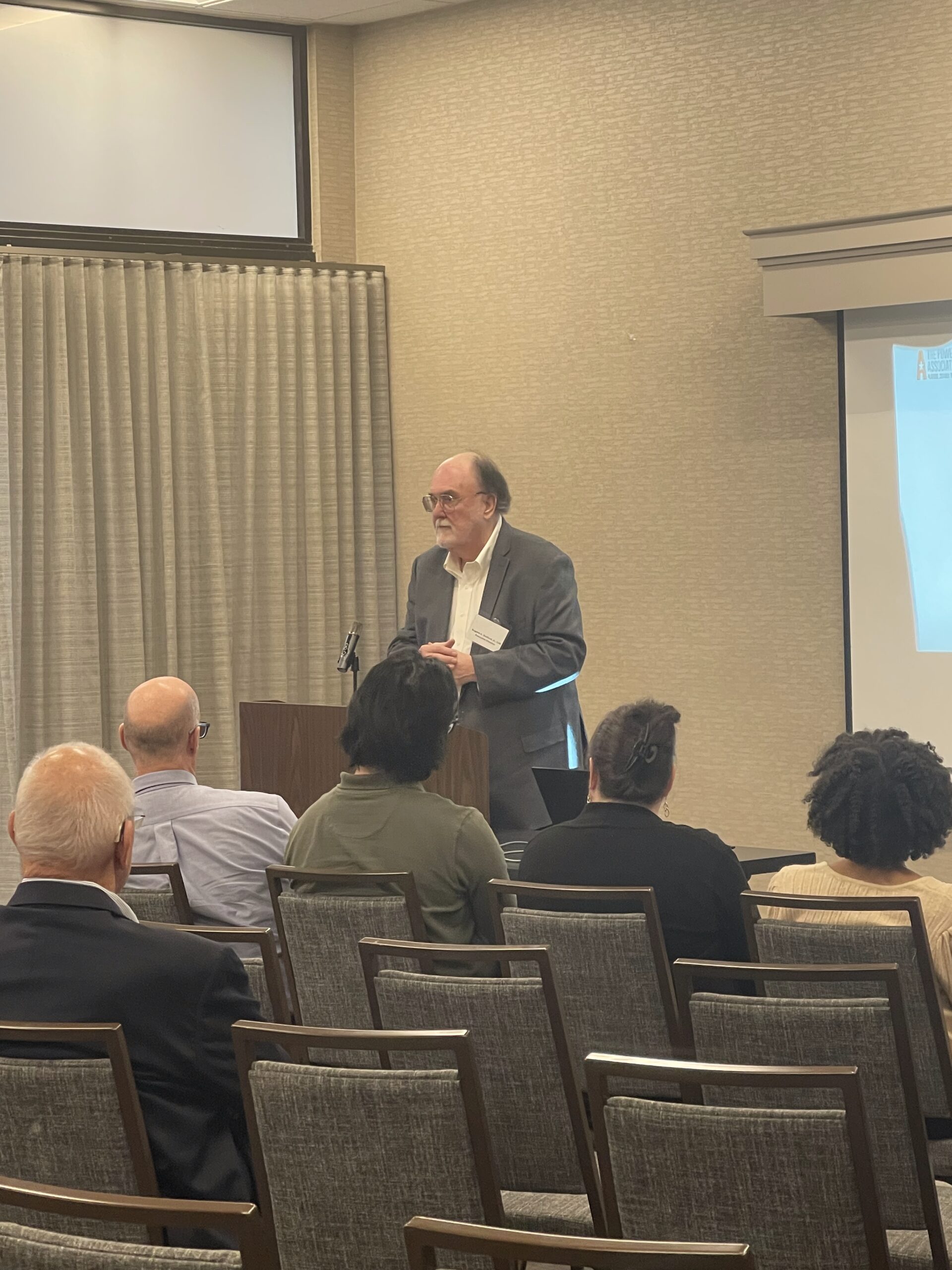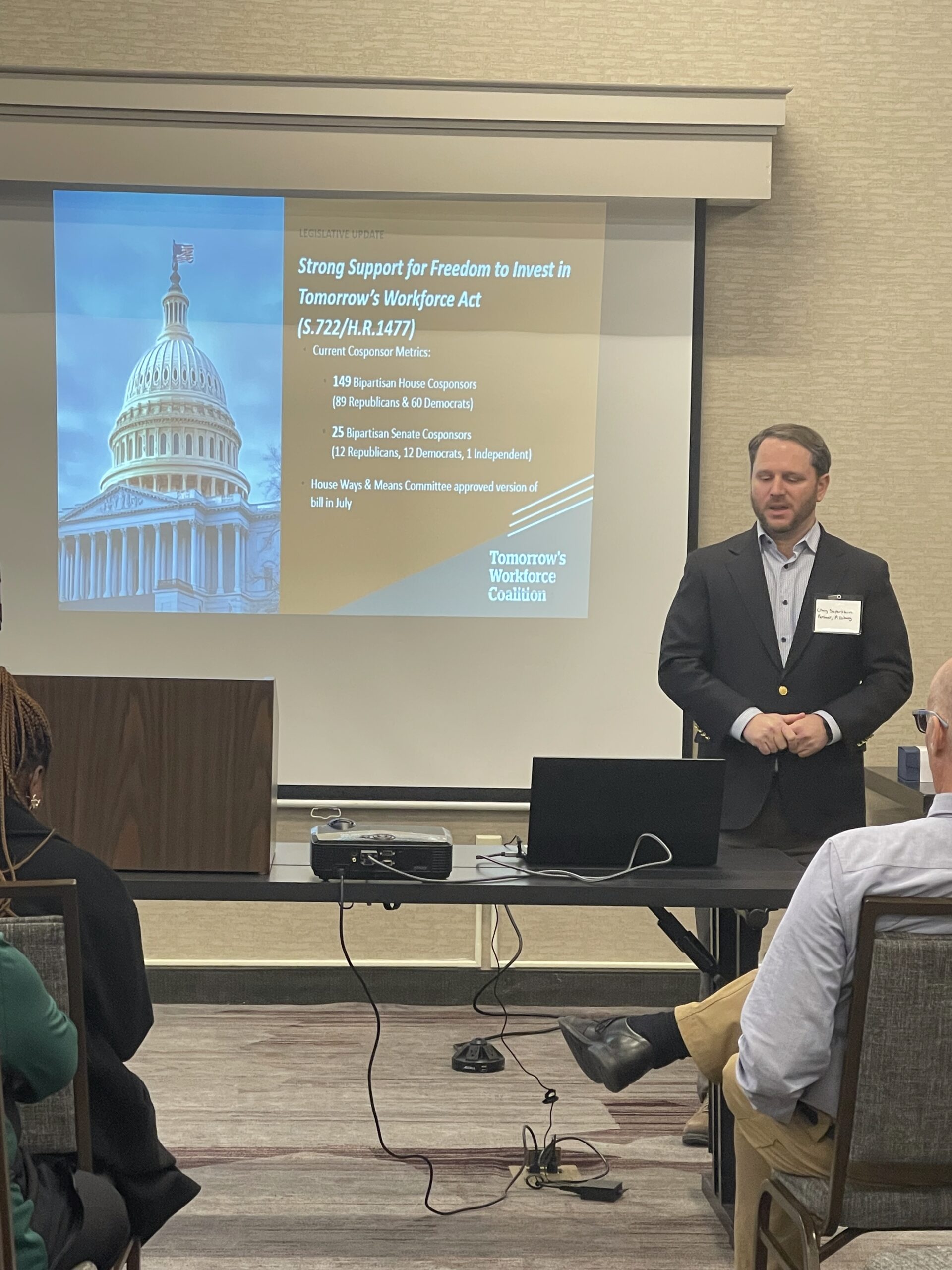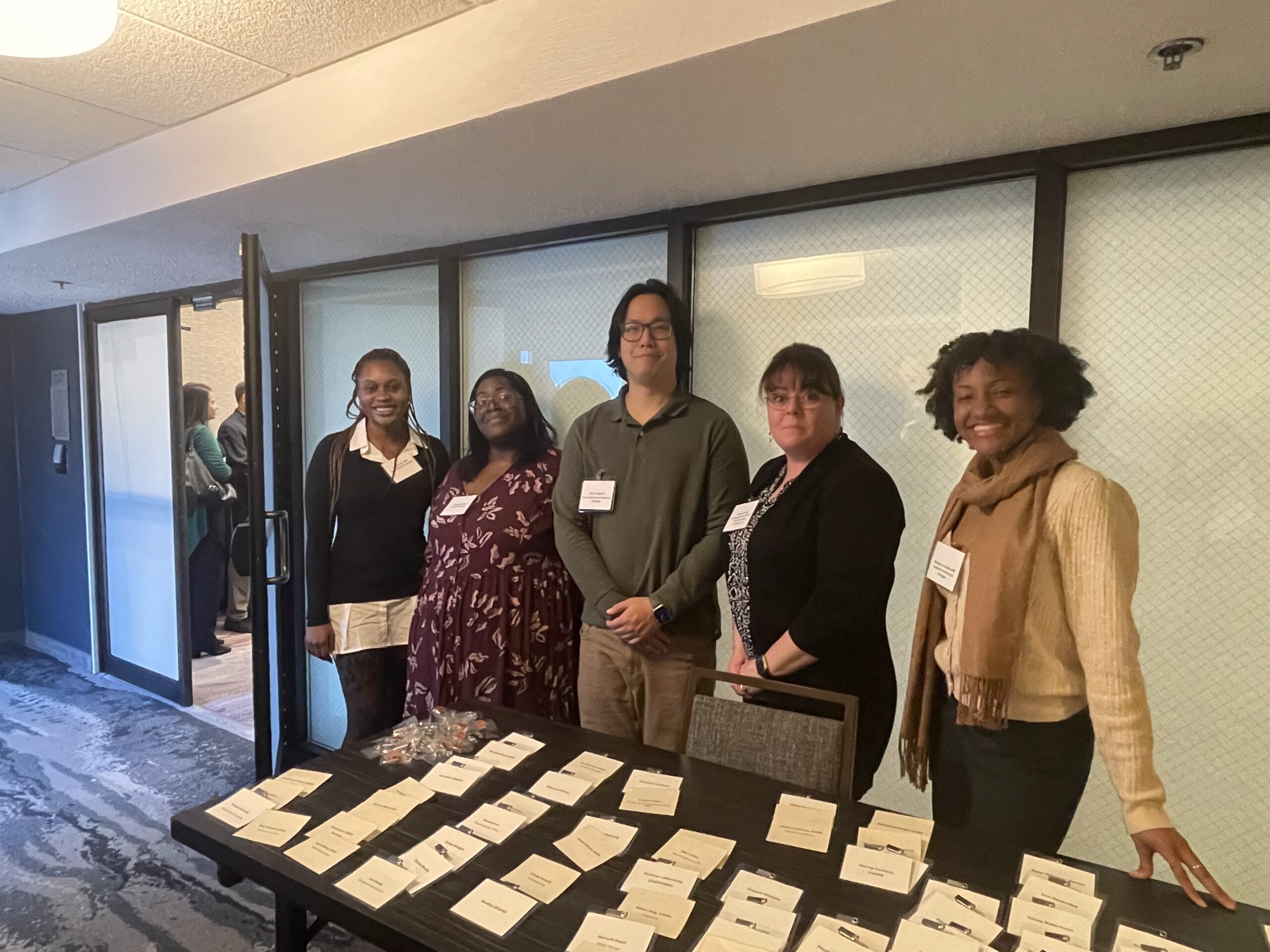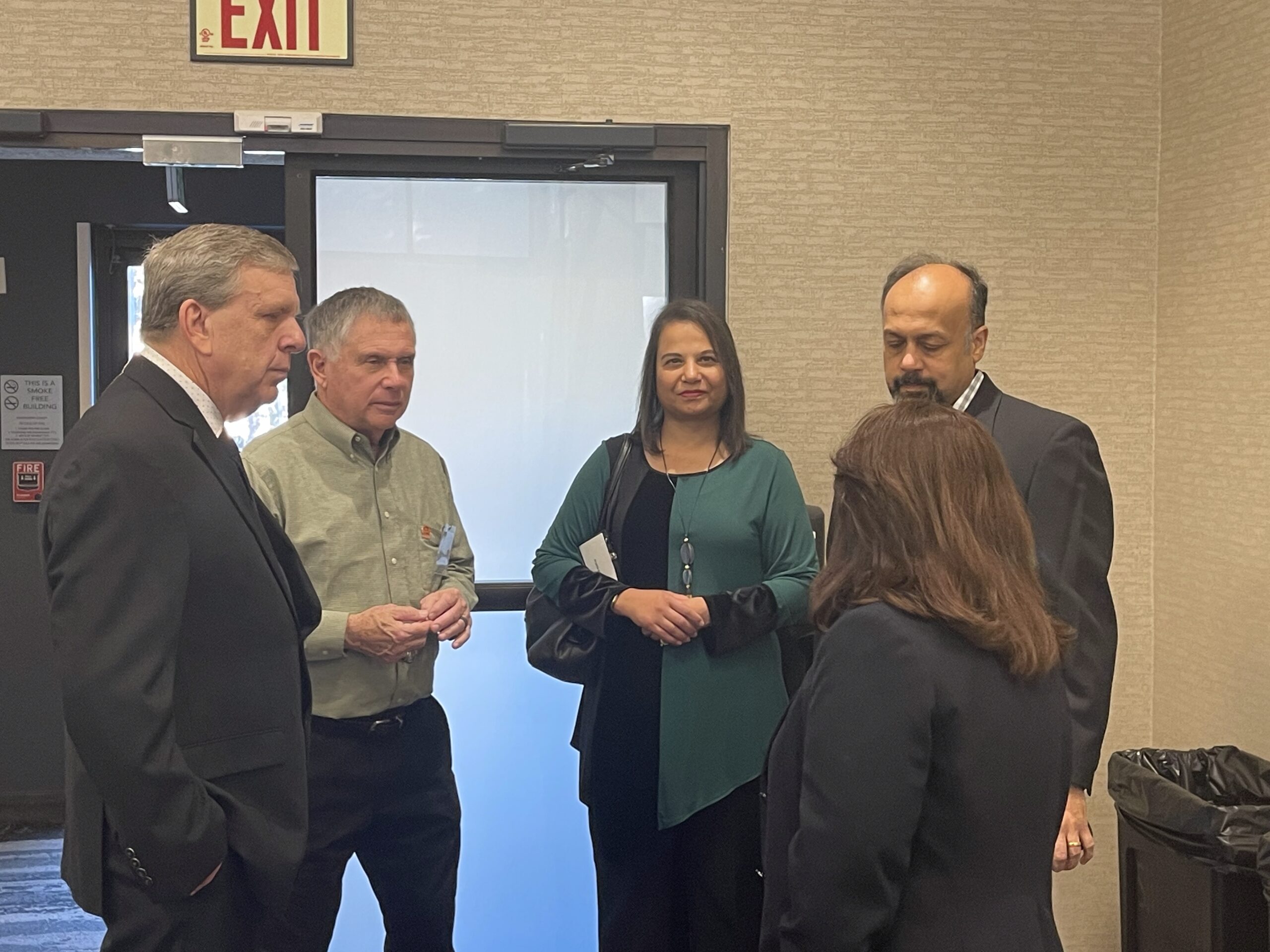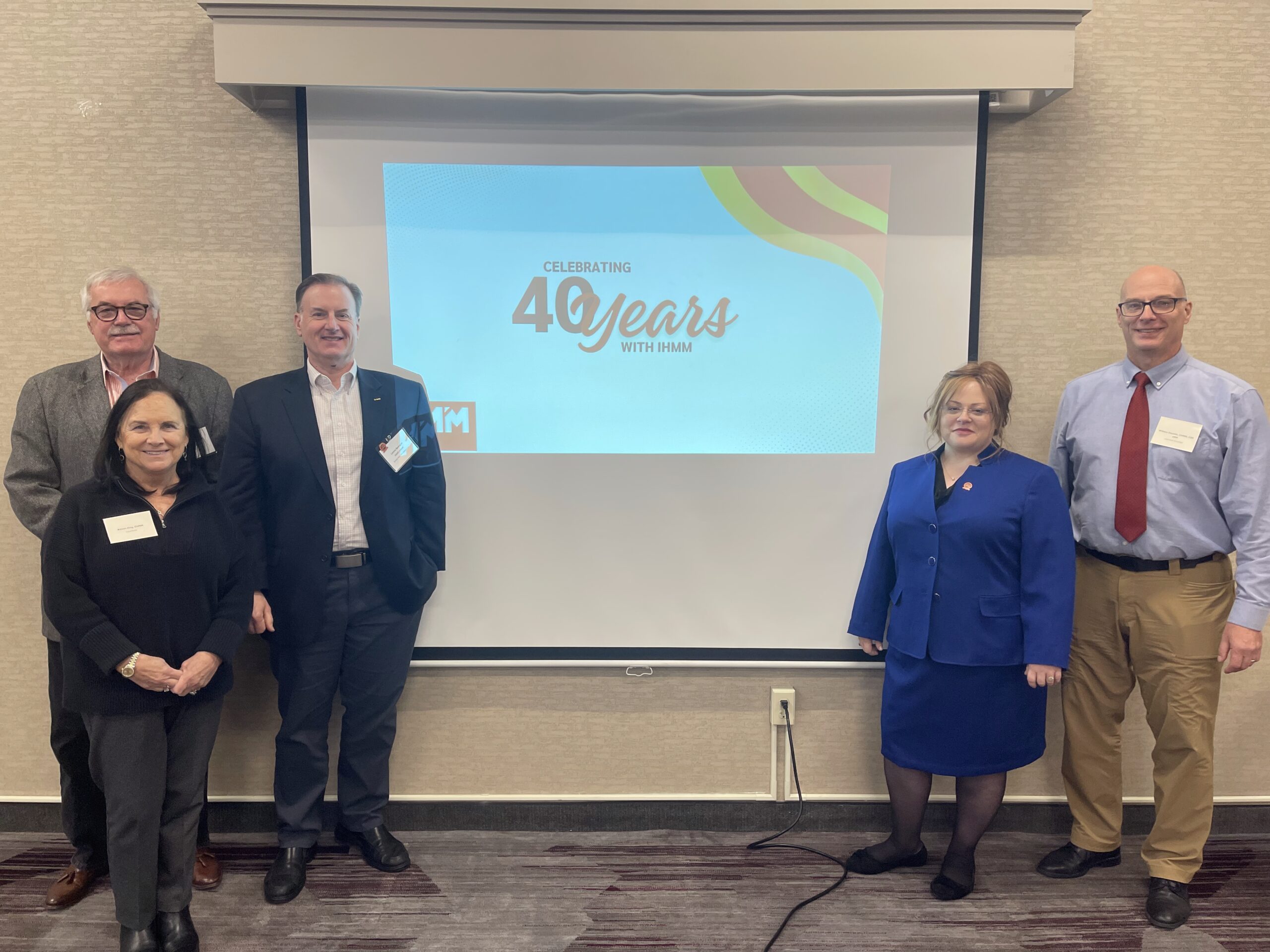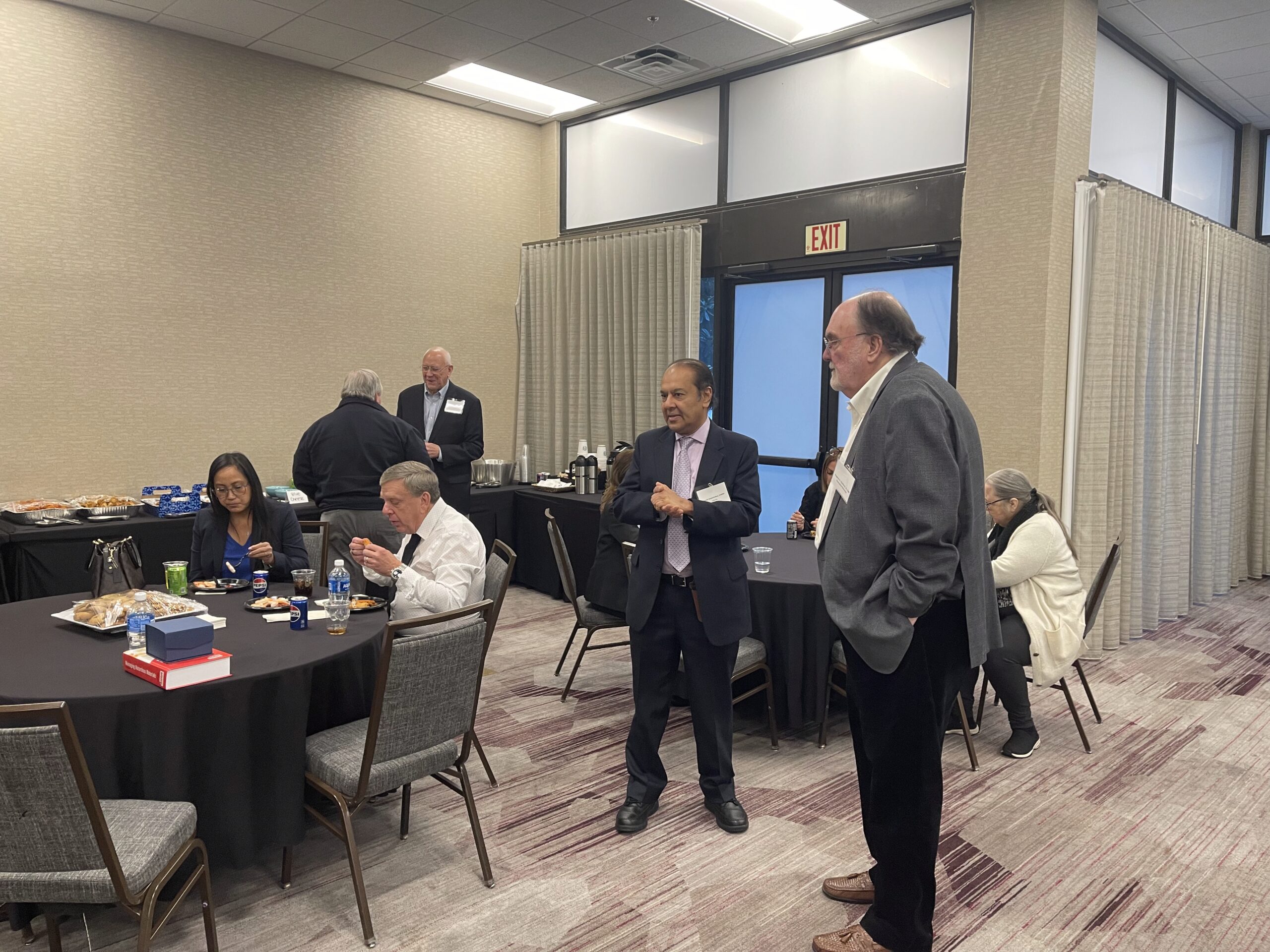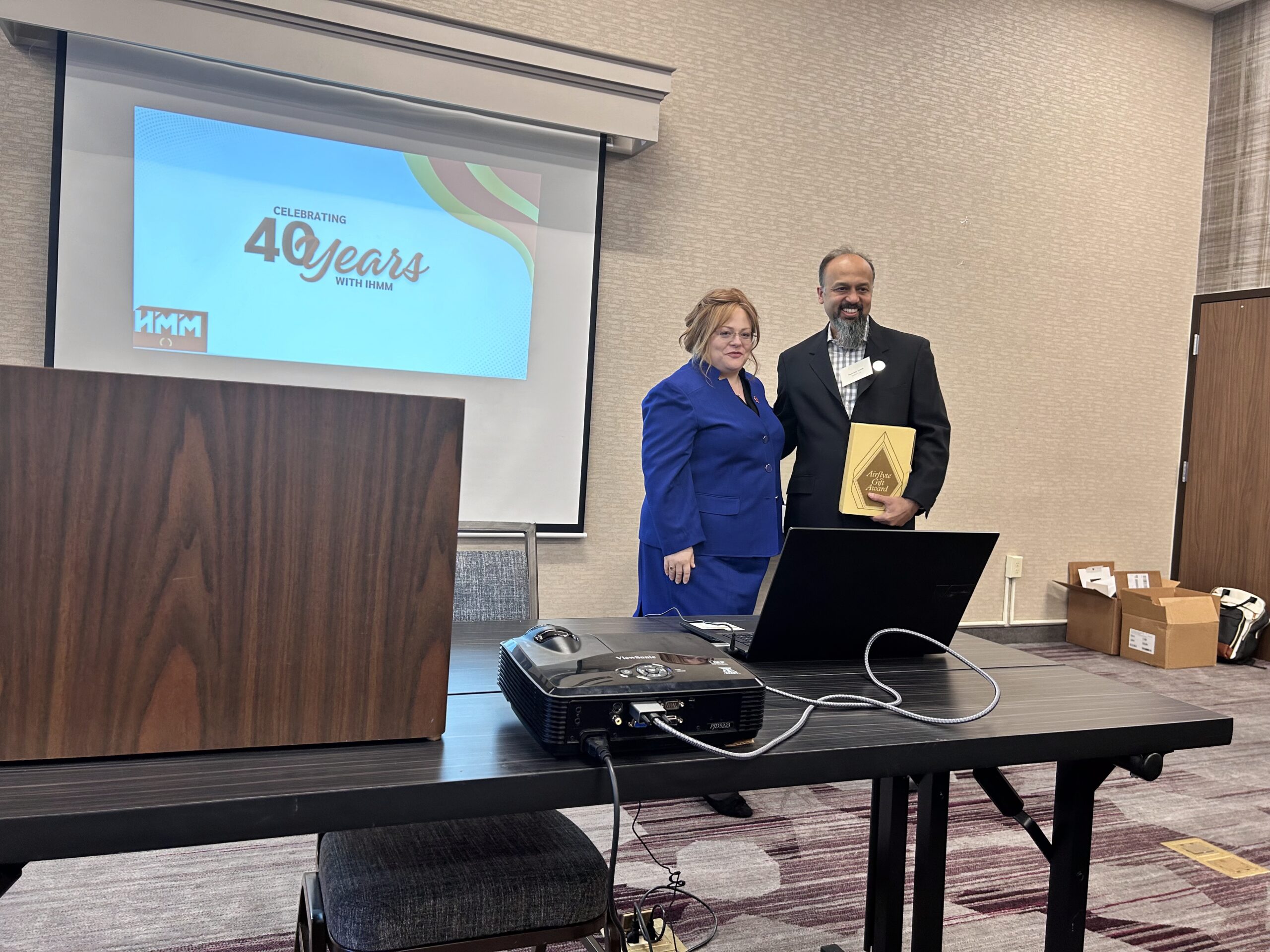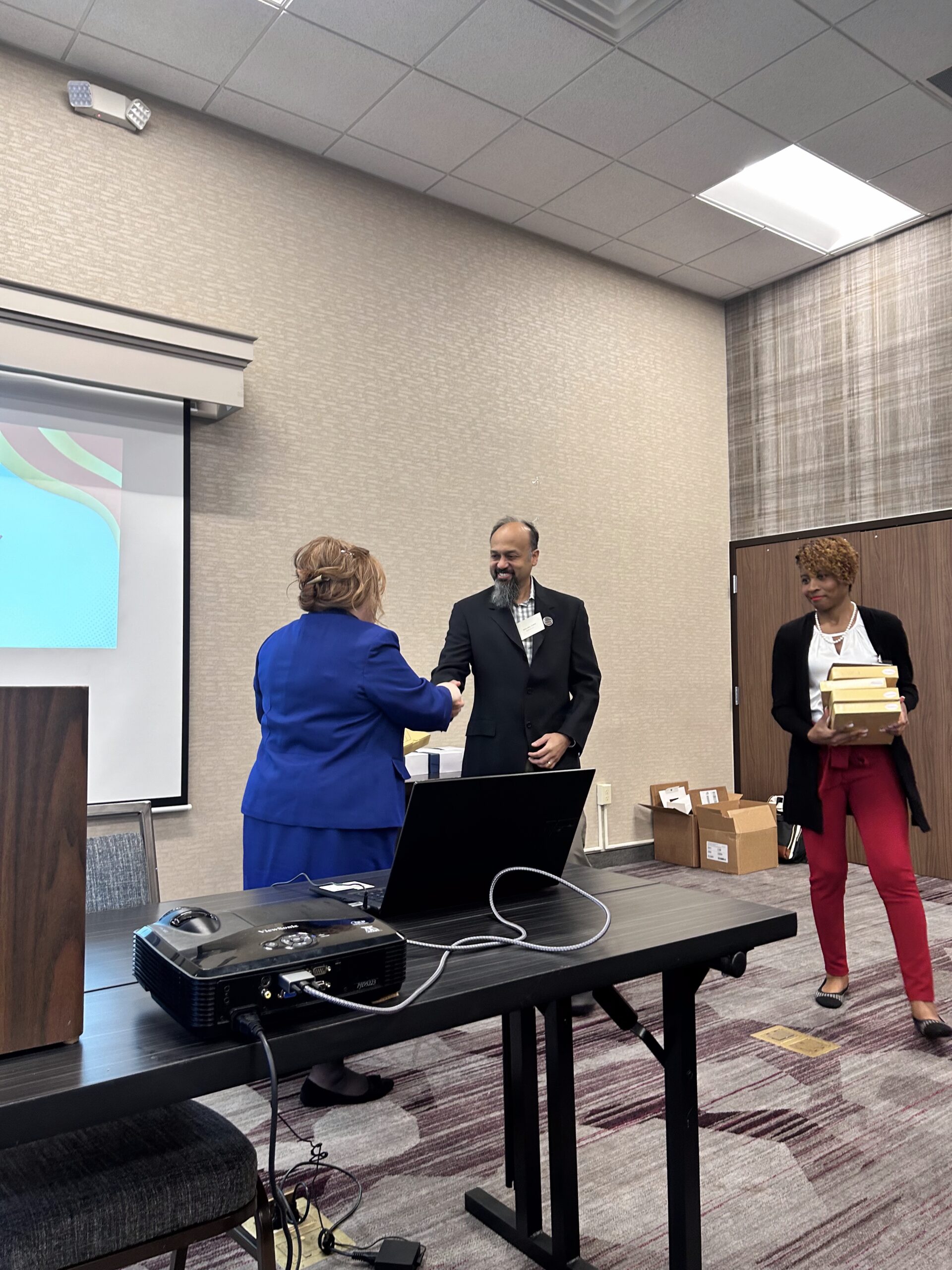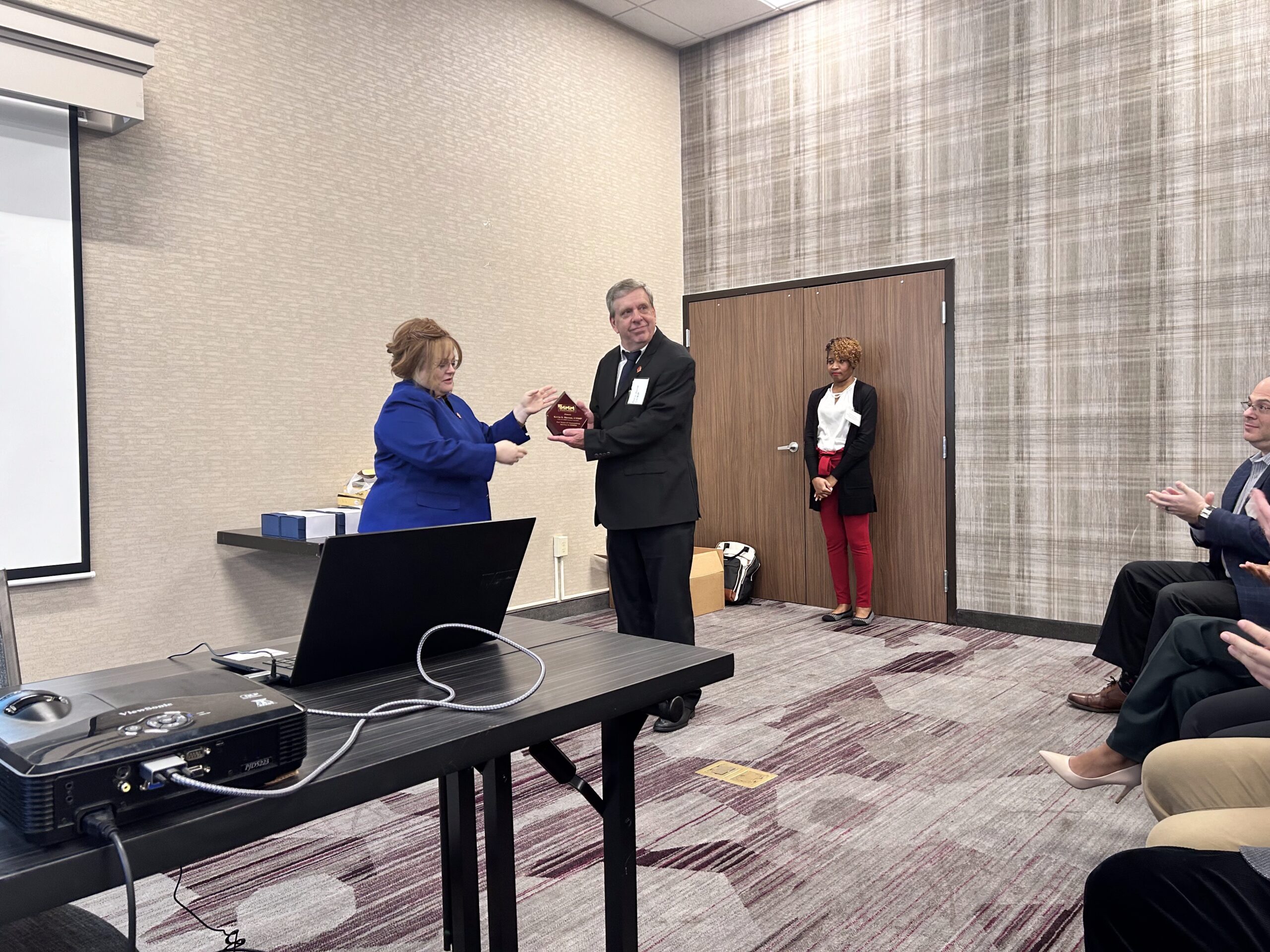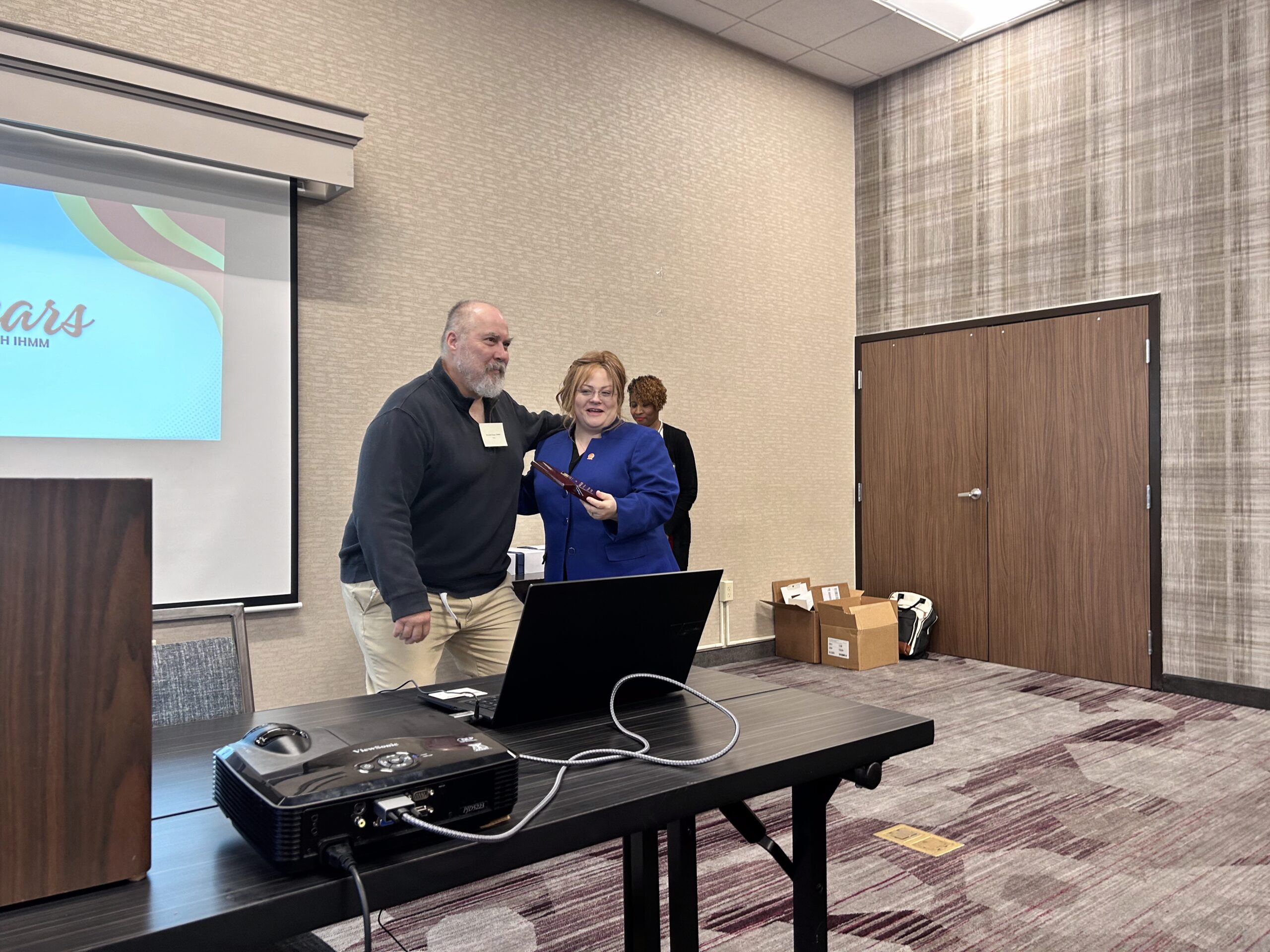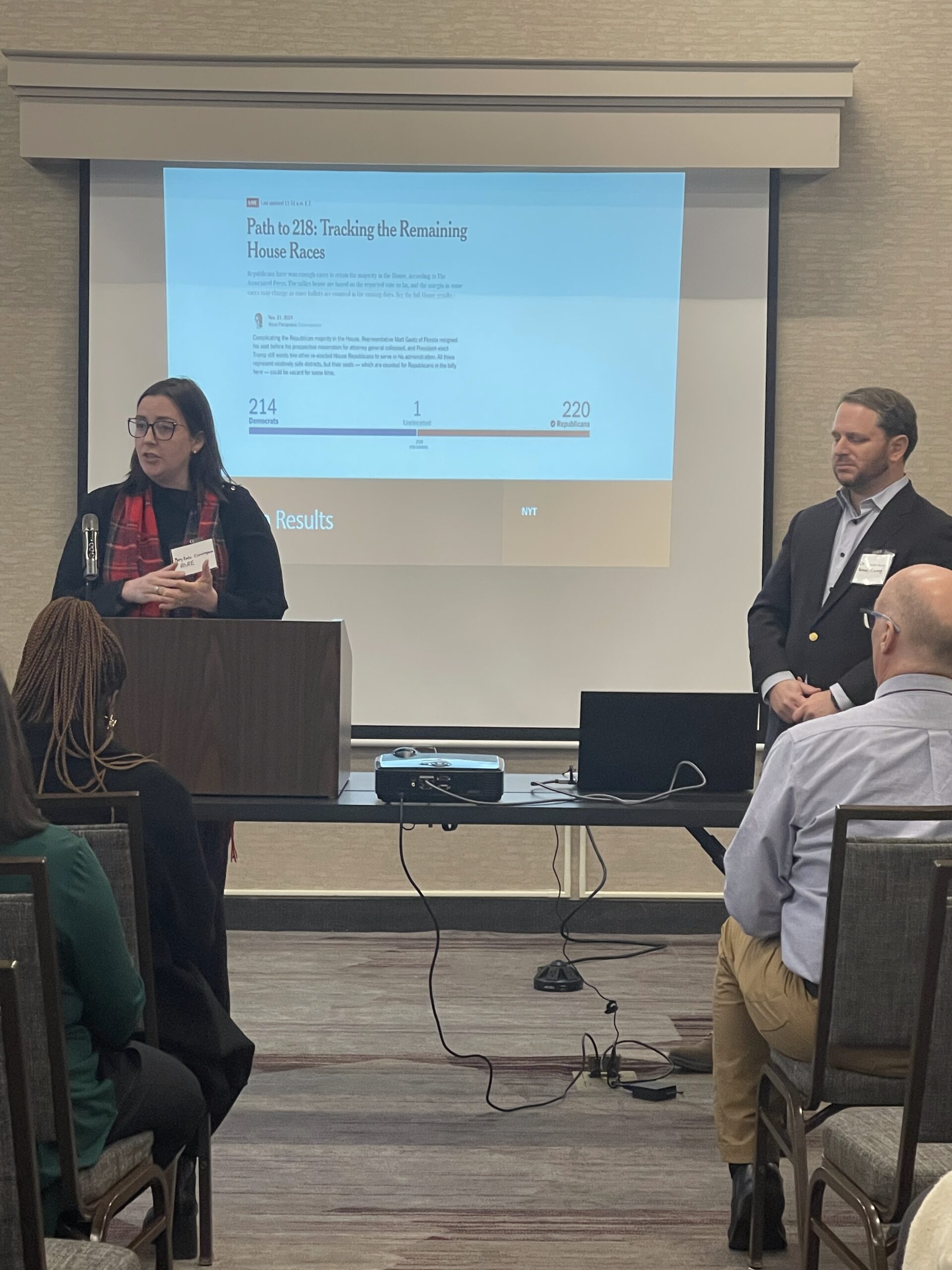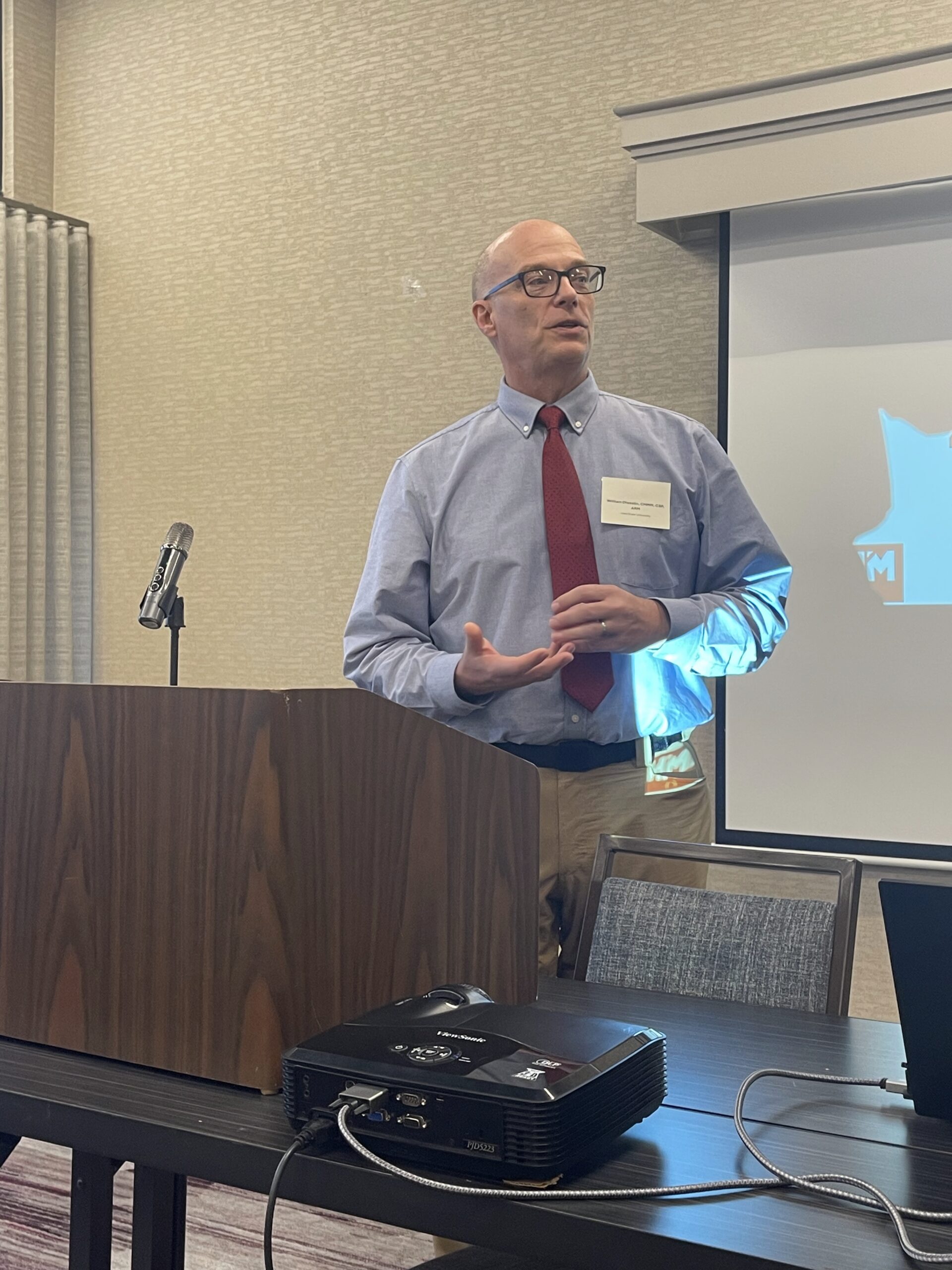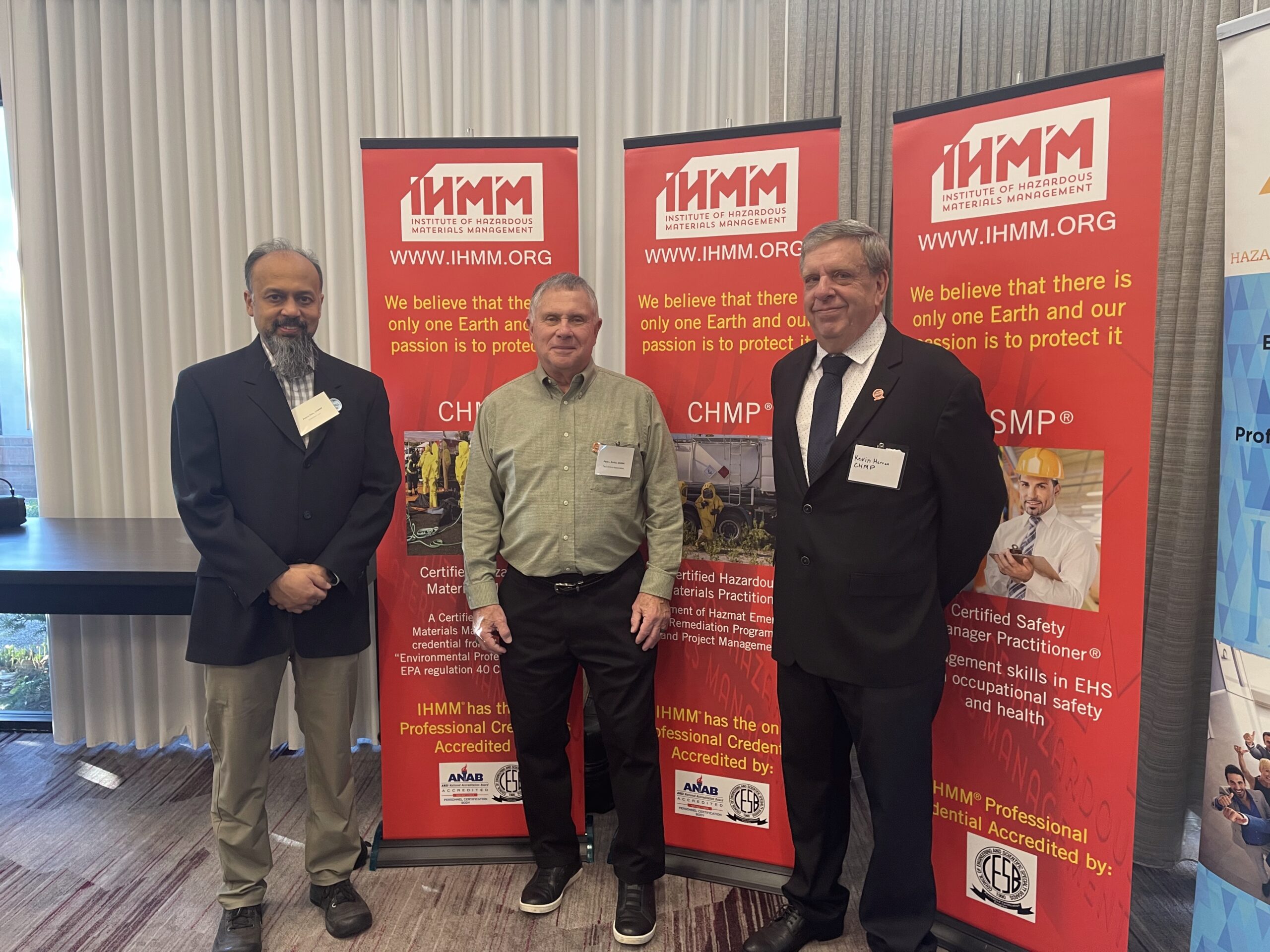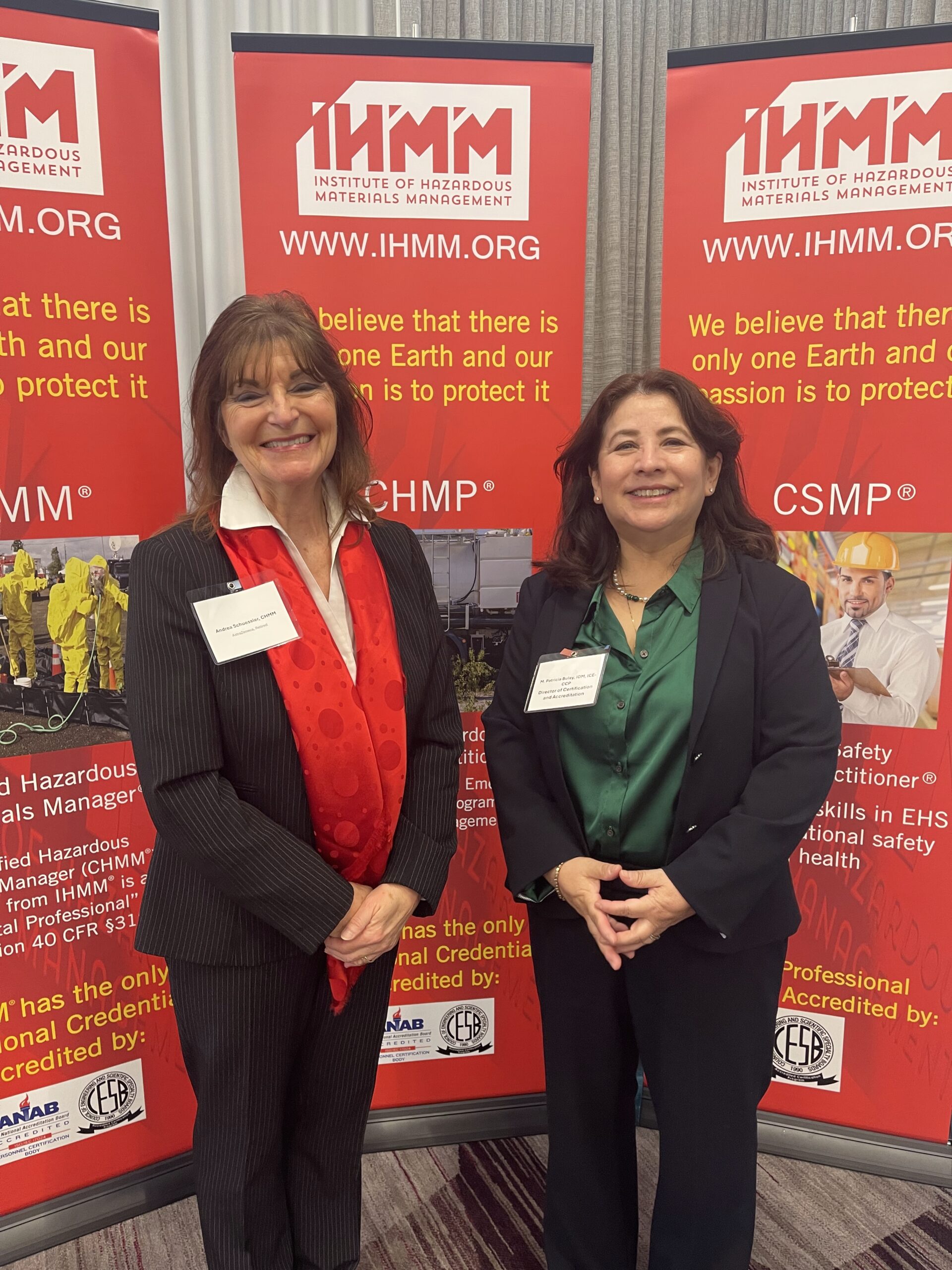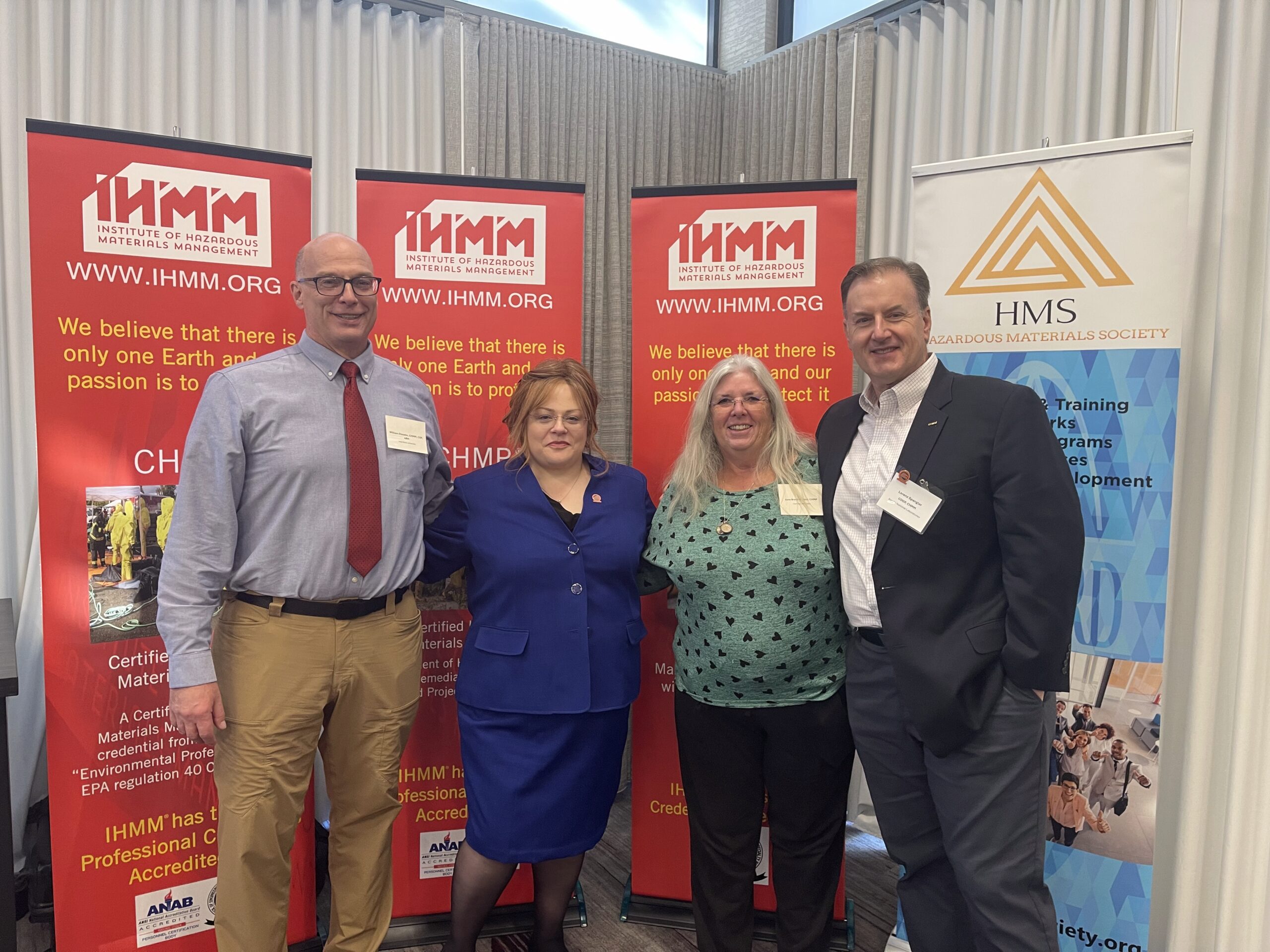
Celebrating 40 Years of Protecting the Earth
Thank You to All Who Attended IHMM’s 40th Anniversary Celebration on December 3, 2024!
On December 3, 2024, IHMM hosted our 40th Anniversary Reception & Celebration in Rockville, MD, where we shared our history and recognized those who have contributed to the Institute’s advancement.
The program included opening remarks from the Institute’s Leadership, including esteemed guests Craig Saperstein, Partner at Pillsbury Law; Mary Kate Cunningham, CAE, Senior Vice President for Public Policy at ASAE; an awards ceremony; and more.
To all of the volunteers, committee members, mentors, and certificants, we are forever grateful for your contribution to the industry. We look forward to the next 40 years!
View pictures from the celebration below:
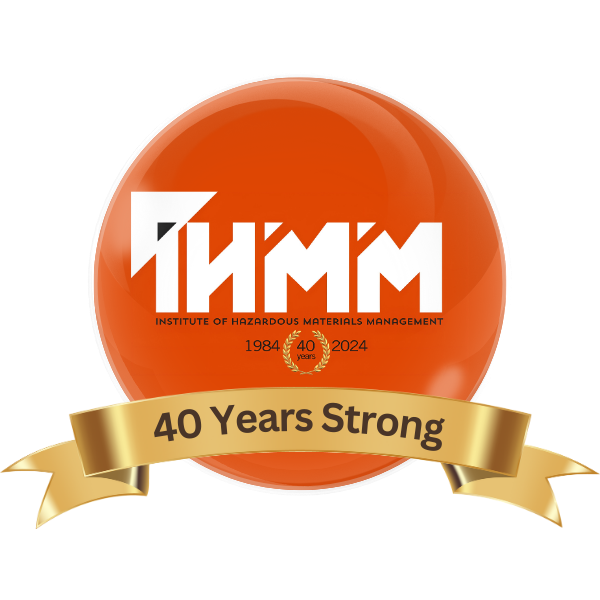
Our History
For 40 years, the Institute of Hazardous Materials Management (IHMM) has been protecting the environment and the public’s health, safety, and security through the creation of credentials that recognize professionals who have demonstrated a high level of knowledge, expertise, and excellence in the management of hazardous materials, dangerous goods transportation, environmental protection, health, and safety.
Our mission is to set standards of excellence for professional credentials to advance the global environmental, health, and safety communities of practice. Over 18,000 homeland security, environmental protection, engineering, health sciences, transportation, and public safety professionals have earned IHMM’s accredited Certified Hazardous Materials Manager (CHMM®), but our footprint doesn’t end here.
More professionals continue to seek us out for our Certified Hazardous Materials Practitioner (CHMP®), Certified Dangerous Goods Professional (CDGP®), Certified Dangerous Goods Trainer (CDGT®), Associate Hazardous Materials Manager (AHMM™), Certified Safety and Health Manager (CSHM™), Certified Safety Management Practitioner (CSMP™), Associate Safety and Health Manager (ASHM™), and Certified School Safety Manager (CSSM™) credentials. In addition, we offer the Certified Pandemic Preparedness Specialist (CPPS™) microcredential.
IHMM is also committed to the development of students through our Student Certified Hazardous Materials Manager (ST/CHMM™) and Student Associate Safety and Health Manager (ST/ASHM™) credentials.

Get Involved
A Special Thank You to Our 40-Year Certificants
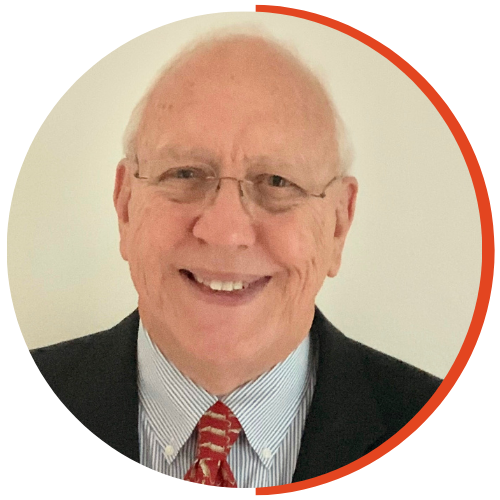
“I have made many friends throughout the chemical industry, regulatory community, and CHMM membership.”
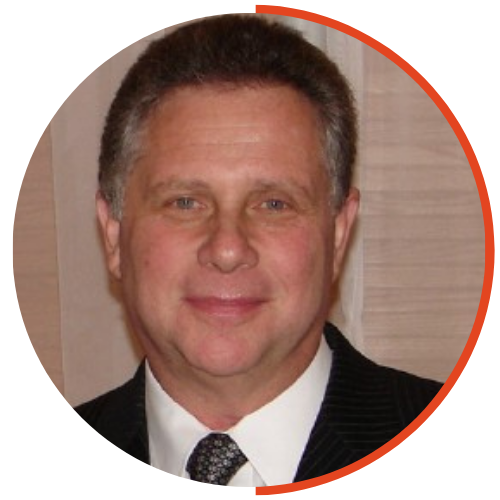
“I became involved in the industry because I was fascinated with chemistry and how materials acted or reacted…
When IHMM came into existence in 1984 I jumped at the opportunity to share my expertise and experience and keep abreast of upcoming technologies.”
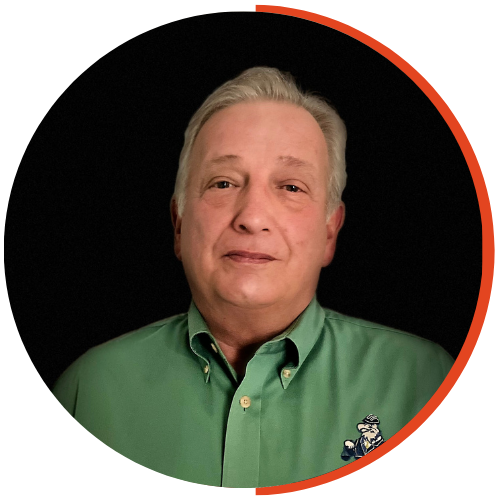
“I got into this area right out of college with my BS degree. I became interested in safety and environmental work given the focus on a new OSHA and EPA legislation, clean-ups (one in my own back yard-Love Canal) and the opportunities it all presented.”
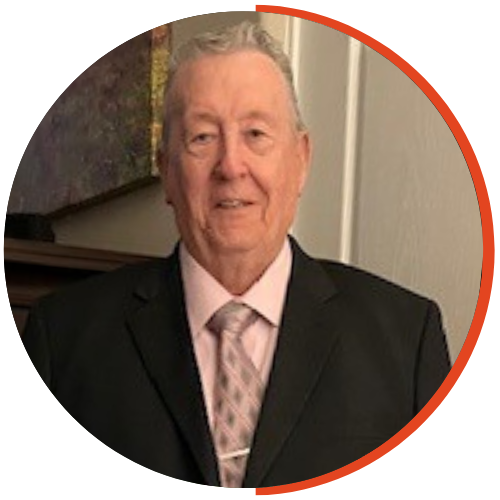
“It is my honor to be listed with the best environmental professional associations in the world. ”

“I became involved in the industry as I realized I could apply my engineering background to address the diverse technical and scientific problem-solving challenges that are involved with the EH&S profession.”
